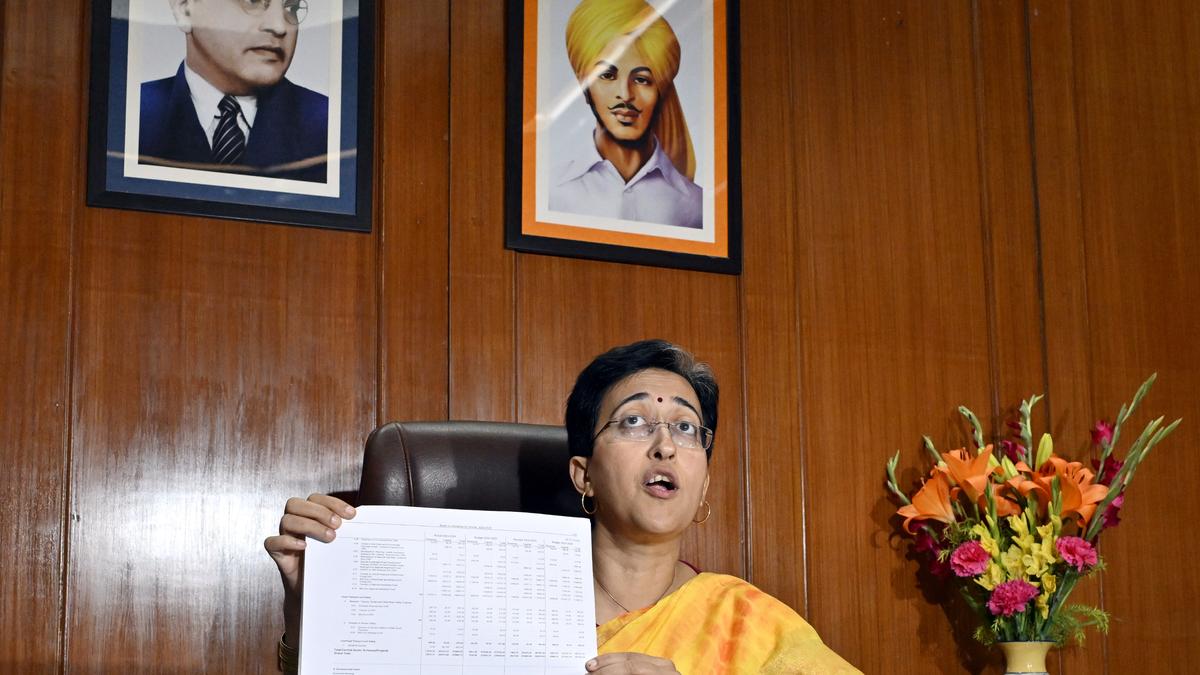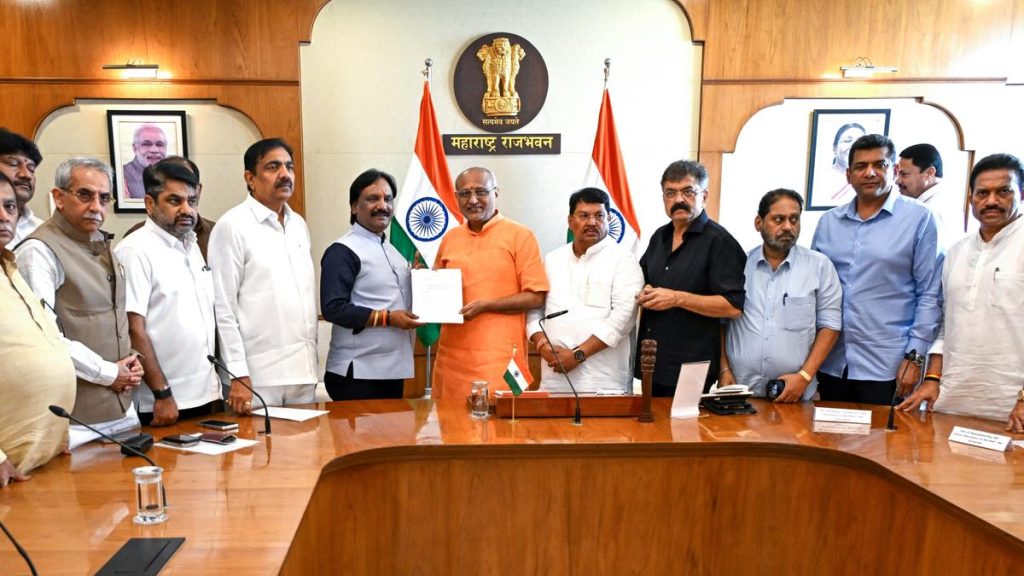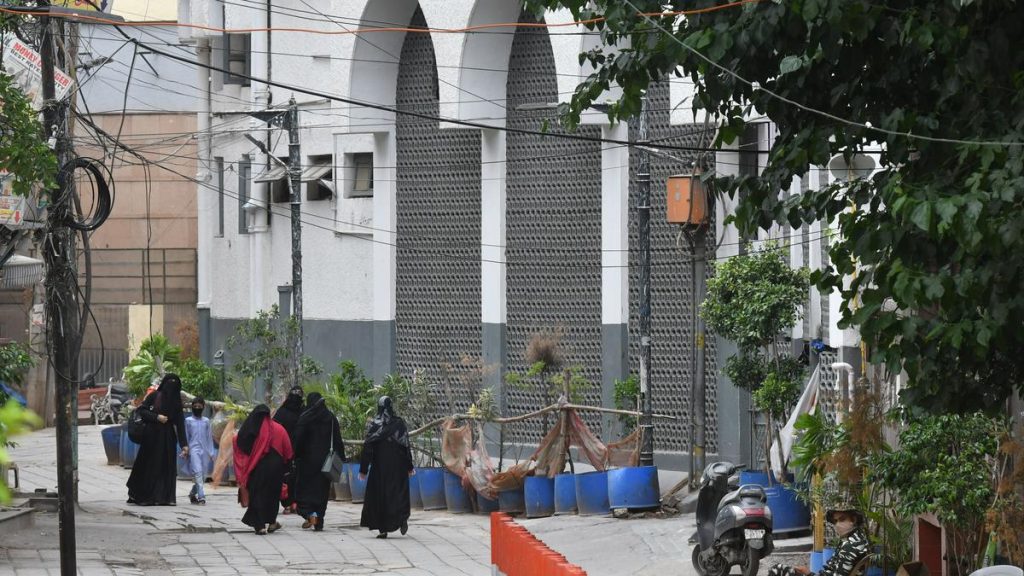Now Reading: Atishi Questions BJP Over ₹1-Lakh-Crore Budget Source
-
01
Atishi Questions BJP Over ₹1-Lakh-Crore Budget Source
Atishi Questions BJP Over ₹1-Lakh-Crore Budget Source

Swift Summary
- Senior AAP leader Atishi criticized the ₹1-lakh-crore Delhi budget proposed by the BJP, calling it “jumla” (empty rhetoric) and raising concerns about the unclear sources of funding.
- atishi stated Delhi’s actual revenue is expected too be ₹78,000 crore, not ₹1-lakh-crore as claimed by BJP Chief Minister Rekha Gupta.
- Allegations were made that parliamentary procedure was violated as no economic survey was presented before the budget; Atishi claims this would reveal a tax revenue of only ₹63,000 crore.
- She challenged claims regarding central funds and loans from small savings schemes. The Center allegedly disbursed only ₹950 crore in two years instead of expected allocations like ₹7,000 crore for infrastructure projects. Small savings deposits are reported to have dwindled from nearly ₹10,000 crore to just ₹5,000 crore-restricting loans available under NSSF rules.
- BJP’s Virendra sachdeva countered these accusations by blaming AAP’s governance failures and accusing them of misleading citizens since losing elections. He cited past audits and alleged corruption during AAP’s tenure as contributing factors.
- Sachdeva defended current welfare schemes like Mahila Samriddhi Yojana and free LPG cylinders for women but noted benefits were planned for implementation in 2025-26.
indian Opinion Analysis
The contention over Delhi’s proposed budget reflects ongoing political rivalry between AAP and BJP after a change in power. budget inaccuracies or procedural lapses-if substantiated-could affect public trust in governance while impacting transparency standards at state-level governance. If revenues like small savings deposits are indeed declining sharply per official data cited by Atishi (down to half their previous value), it raises broader questions about fiscal sustainability.AAP’s emphasis on parliamentary norms points toward India’s democratic processes being scrutinized more rigorously following tense electoral outcomes.On BJP’s end, assurances regarding delayed rollout timelines for social welfare programs underline potential gaps between announced policies versus realistic execution schedules.
Ultimately resolving discrepancies could prove crucial beyond partisan exchanges ensuring civic welfare priorities ideally remain intact alongside clarity over exact resources underpinning ambitious framing ahead nationally framed accountability/lessons stage larger interpolitical taxpayer discussion

























